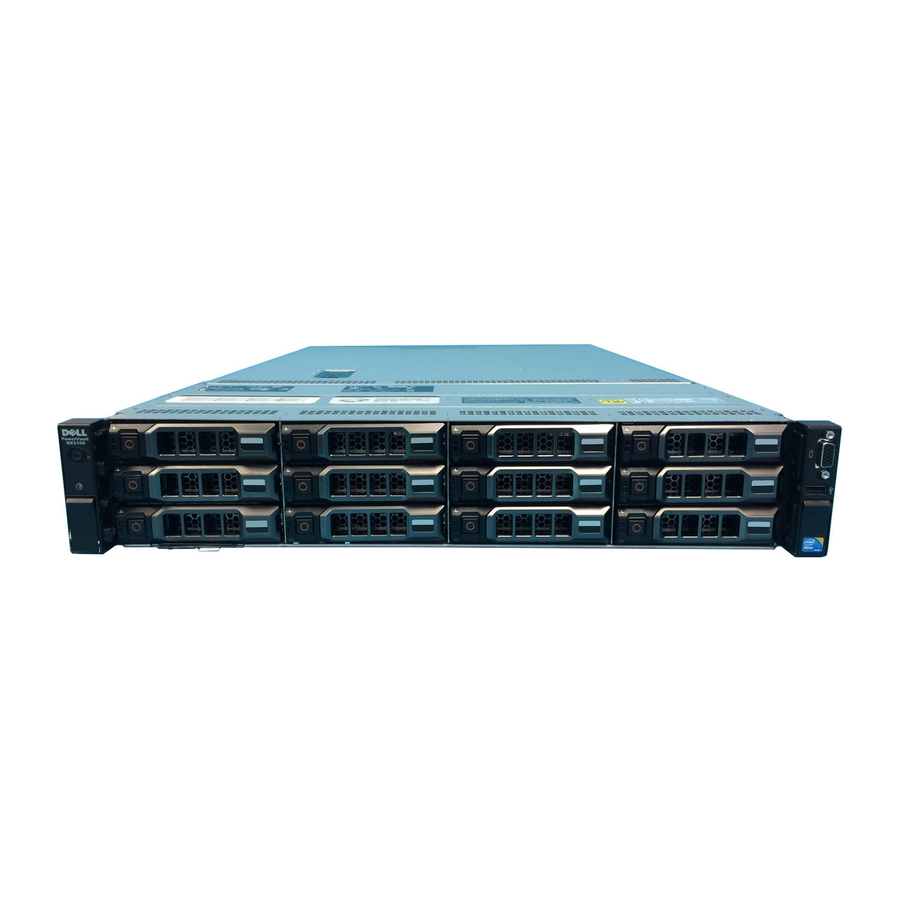Dell PowerVault NX3100 Handbuch für Administratoren - Seite 33
Blättern Sie online oder laden Sie pdf Handbuch für Administratoren für Lagerung Dell PowerVault NX3100 herunter. Dell PowerVault NX3100 50 Seiten. Document
Auch für Dell PowerVault NX3100: Handbuch aktualisieren (32 seiten), Handbuch zur Fehlersuche (17 seiten), Einrichten (2 seiten)

7 In the Partition name text box, use the following format to type a partition
name that does not already exist in this instance:
CN=<Partition>,DC=<Computer name>
NOTE:
By convention, this string is based on the fully qualified domain name;
for example, if the instance name is nfsadldsinstance and the server name is
server1, the partition name would be represented as follows: CN=
nfsadldsinstance,DC=server1.
8 After typing the partition name, click Next.
9 On the File Locations window, in the Data files and the Data recovery
files text boxes, type or browse to the locations where you want to store
files associated with AD LDS, and then click Next.
10 On the Service Account Selection window, select Network service
account, and then click Next.
NOTE:
If the computer is not a member of a domain, a notification message
appears. It warns you that this AD LDS instance cannot replicate data with AD LDS
instances on other computers while using this service account.
11 Click Yes to continue or No to cancel.
12 On the AD LDS Administrators window, select the currently logged on
user: <Username> option, and then click Next.
13 On the Importing LDIF Files window, select the check box for each LDIF
file name that you want to import, and then click Next.
NOTE:
MS-InetOrgPerson.LDF and MS-User.LDF are required.
14 On the Ready to Install window, under Selections, review the listed
selections, and then click Next.
15 Click Finish to exit the wizard.
To verify if an active AD LDS instance exists, start Services.msc. Each AD
LDS instance is listed. Add/Remove Programs should also show that AD
LDS is present.
Using Your NAS System
33
